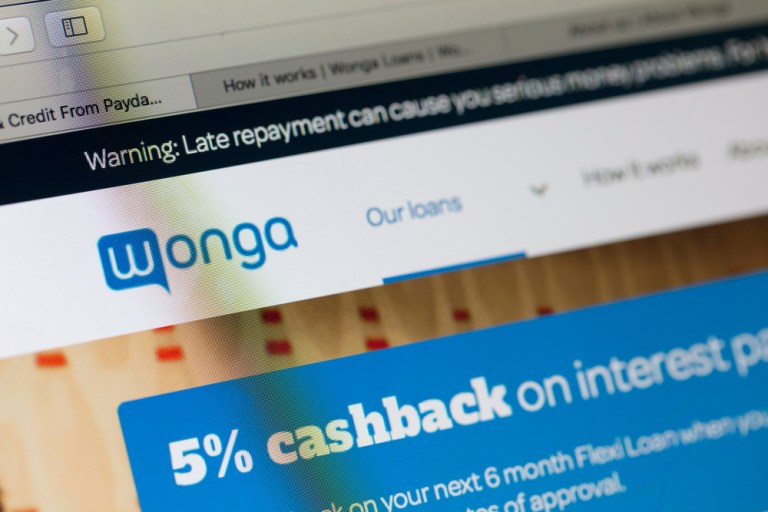
The U.K.’s largest payday lender is shutting down after a surge in complaints from former customers.
According to Financial Times, Wonga confirmed on Thursday (Aug. 30) that its board had decided to shut down, appointing Grant Thornton as administrator.
The news isn’t a complete surprise. This week, the company stopped accepting new loan applications, and also met with the Financial Conduct Authority (FCA) to figure out the impact shutting down would have on its customers.
While the company received a £10m emergency cash infusion earlier this month, it also saw a new rise in compensation claims, with one source saying that complaints had risen 80 percent since the funds were received. Each complaint costs Wonga £550 in fees before any compensation is even issued, which is more than the lender’s average loan size.
Founded in the U.K. in 2006, Wonga had raised a total of around £145.5 million from investors including Accel, Oak Investment, Meritech Capital and 83North, while a 2009 Series B included Accel, Balderton, Dawn Capital, HV Holtzbrinck Ventures and 83North.
After admitting its algorithmic technology had been lending money to people who couldn’t pay it back, Wonga agreed to write off the loans of 330,000 customers, as well as waive the interest and fees for an additional 45,000. The company was also censured by the FCA for sending fake lawyers’ letters to customers in arrears, which led to the company being forced to pay out a further £2.6 million in compensation.
Wonga’s overseas businesses in Poland, South Africa and Spain will not be affected and will continue to trade, the company added. But four units will enter administration: Wonga Group Limited, WDFC U.K. Limited, Wonga Worldwide Limited and WDFC Services Limited.
“The boards of these entities have assessed all options regarding the future of the group and have concluded that it is appropriate to place the businesses into administration,” Wonga said.